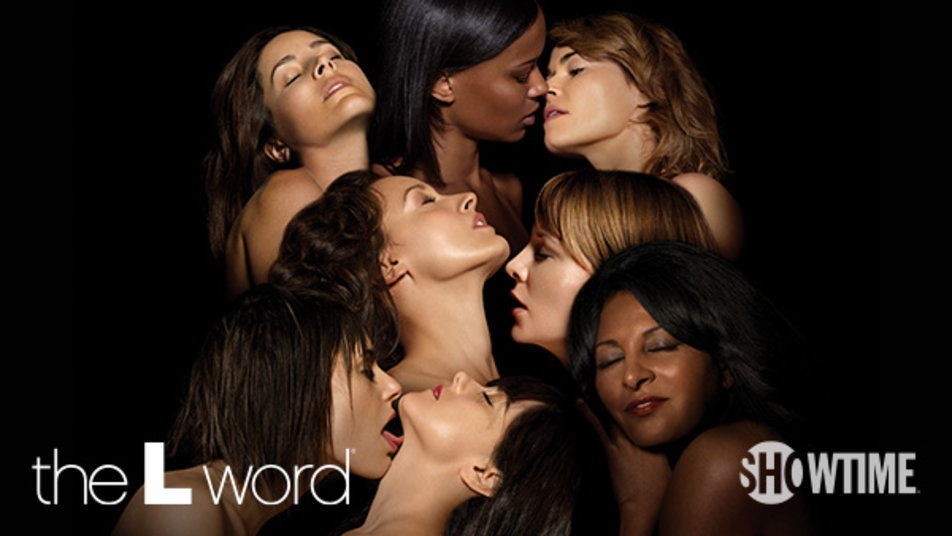Here’s Hoping The L Word Lives Up to Its Promise of a “More Inclusive” Reboot

2004’s The L Word, which ran on Showtime for six seasons, was revolutionary for being the first mainstream TV show that focused exclusively on a group of queer women, their lives and loves. However, it wasn’t a perfect show by any stretch of the imagination (and I’m not just talking about the sudden careening into Murder-Mystery Town). However, creator Ilene Chaiken promised that its next iteration will be better on the inclusion front.
Back in October, Chaiken says that the upcoming L Word reboot, which will reunite original cast members Jennifer Beals, Kate Moenning and Leisha Hailey (Erin Daniels, who played Dana Fairbanks is still TBD), will be more inclusive than the original, which she understands was very much a product of its time. She said:
“It’s 10 years hence since we stopped doing The L Word, so the world will be different in all the ways that the world is different now. We’ve made progress, we’ve backslid in some ways, we’ve gotten older, some of us, and there are new young women whose stories we’re going to tell. But I will say that The L Word in 2018 will be more reflective, more inclusive than the original show we did.”
This is good news. While the original L Word did feature some prominent characters of color like Jennifer Beals’ Bette, Pam Grier’s Kit, Sarah Shahi’s Carmen, and Janina Gavankar’s “Papi,” the show was overwhelmingly white, with biracial Bette being the only character of color who got real focus out of the main cast.
Of the six characters who made up the main cast, two were black, and zero were Latina, Asian, or anything else. In a show that takes place in Los Angeles. One of the most diverse cities in the country.
While there were other scattered black characters throughout the show’s six seasons, there were only two Latina characters on the whole show, and they existed simply to prop up the storylines of white characters while adding “ethnic flavor” to the proceedings by having Shane have to go to her Mexican girlfriend’s home, or having “Papi” be a “Latin lover” caricature in female form. She was fun and hot, but still, a caricature.
Not to mention the fact that Janina Gavankar, while awesome in the role, isn’t Latina, but Indian. Having an Indian character on The L Word would’ve been great, but Eva “Papi” Torres was not that. Sarah Shahi is half Iranian and half Spanish, so that’s a little better. However, it’s a bit ridiculous that they didn’t manage to find or hire two Latina actresses for these roles…for the mere two Latina characters they even bothered to have on the show.
And so, while there were Asian actresses hired, they were playing Latina roles. And while there was no Asian representation among the characters that were written, the show employed Asians…so yay?
And that’s just talking about race and ethnicity, y’all!
There’s also the matter of the questionable way the show handled gender. First, there was Max, the trans male character that was very definitely a trans man through the lens of lesbian cis women, rife with stereotypes and questionable dialogue. Then there was Lisa, the “male lesbian.” Not a lesbian trans woman, mind you. But a lesbian-identified cis man. Who went by a woman’s name, and didn’t like using his penis during sex. But wasn’t a woman.
Basically, this show didn’t really “do” trans people. Which is hugely, hugely unfortunate.
Marlee Matlin’s Jodi was the show’s only character with a disability, and while the deaf community was happy for the inclusion, they were less happy ultimately with the representation they ended up getting, which basically forced Jodi to solely interact with hearing people and never be around people who are fluent in sign.
So yeah, as they create this new version of The L Word for a new generation of fans, I hope they learn from all of their mistakes, as well as better navigate the mistakes pop culture is still currently making.
(via KitschMix, image: Showtime)
Want more stories like this? Become a subscriber and support the site!
—The Mary Sue has a strict comment policy that forbids, but is not limited to, personal insults toward anyone, hate speech, and trolling.—
Have a tip we should know? tips@themarysue.com